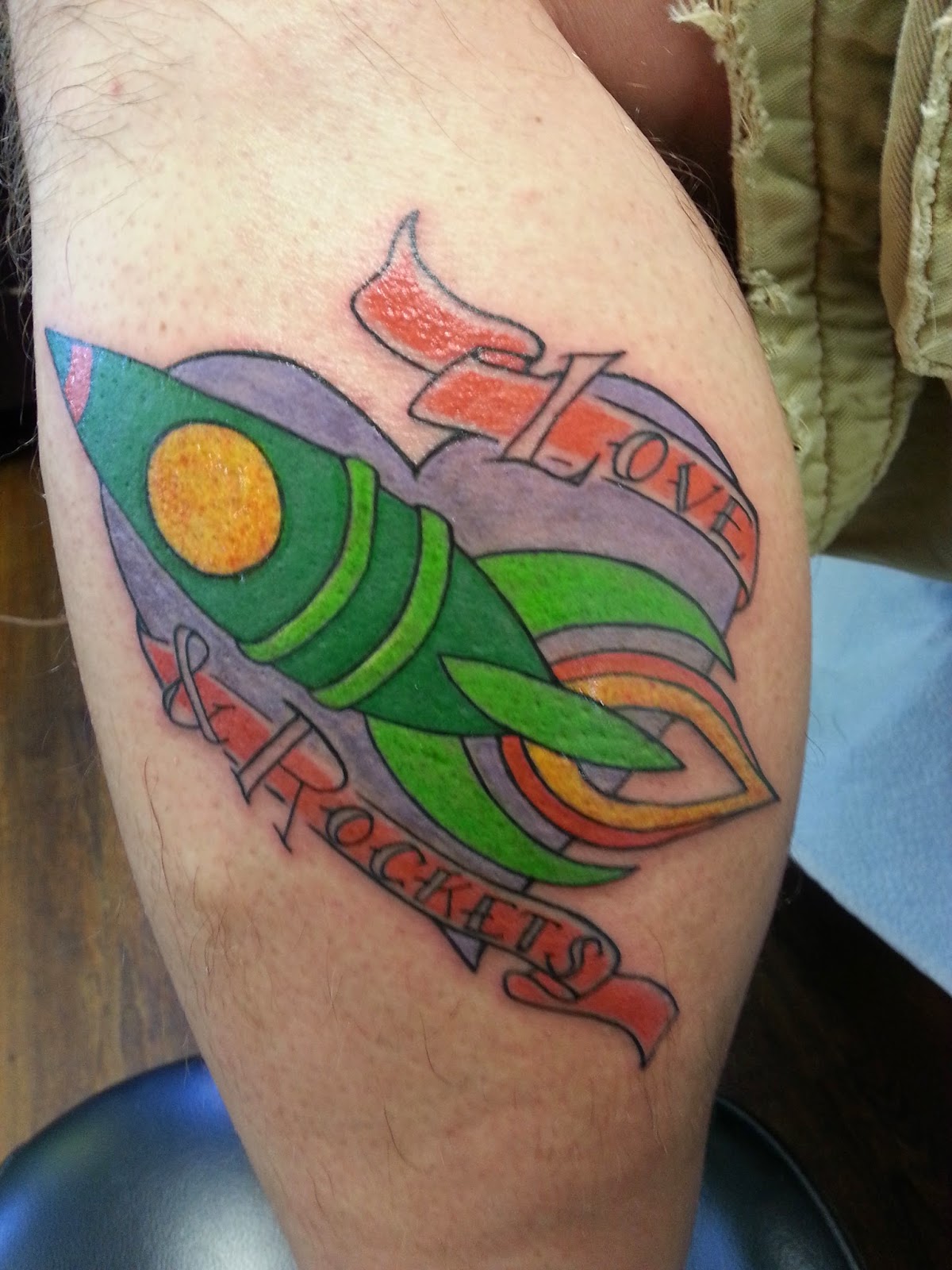So, one part of
WARMER that has been going well despite overall trends is the summer reading program, and the latest book in the series was
The Deepest Human Life, a philosophy primer by Scott Samuelson, a community college philosophy instructor in Iowa City. Here's the TLDR: if you want an overarching understanding of what it means to do philosophy and are only going to read one book, this might well be the one to read.
I don't know if I have ever told the true story of how I got my first job teaching in a community college. The philosophy chair of local school had posted on Craig's List looking for a last-minute replacement instructor for an evening section of Philosophy 101 and had specified that the course text would be Samuel Enoch Stumpf's
Philosophy: History and Problems. With no teaching experience and a master's degree in English, not philosophy, I responded with a note that began by describing how I had three grab-in-a-fire books in a rack on my bookshelf: a complete Shakespeare, Aristotle's
Rhetoric, and a second-edition Stumpf that I had owned since the late seventies. I went on to explain how the book had been my go-to philosophy reference for twenty years and how I dipped into it on a regular basis just to keep myself somewhat immersed in philosophical thought. None of that was a lie, and it got me the job, or at least the interview that led to the job.
This book is a strong contender to replace that one, or at least to supplement it.
Stumpf, as the title indicates, comprised two sections:
History, a chronological overview and summary (Ancient, Medieval, Modern, and Contemporary) and
Problems, a selection of primary sources from all periods addressing the topics of Ethics, Religion, Politics, and Epistemology & Metaphysics.
Samuelson collapses this model. After a lyrical prelude, he investigates four questions:
What is Philosophy,
What is Happiness, Is Knowledge of God Possible, and
What is the Nature of Good and Evil? Each section has an interlude, a vignette usually drawn from Samuelson's experiences at Kirkwood Community College, and the book closes with an overarching conclusion.
This structure allows Samuelson to move somewhat chronologically through the history of philosophy -- we do begin with Socrates and end with Hans Jonas -- but because our inquiry is based from the beginning around topics, the flow of the discourse is much more like a conversation than a lecture and the tone much more like a memoir than a textbook. Samuelson successfully blends precise, specific philosophical discussion with everyday language, analogies, and examples in precisely the way San Kean did less deftly with his explanations of DNA in
The Violinist's Thumb.
The Deepest Human Life is a joy to read on every page.
The difference in structure and the difference in timbre speak to a difference in intent: while Stumpf is clearly and unapologetically a reference work
about philosophy, Samuelson has given us a personal perspective on
doing philosophy. While a close reading of
The Deepest Human Life will let you come away with a broad contextual understanding of the development of western thought, the book is really about inspiring the reader to think - and act, and
live - more philosophically.
I think in some ways the book might be an attempt to replicate the experiences that Samuelson and some of his students have had in his community college classes: he describes how the introductory study of philosophy occasionally leads some students - or Samuelson himself - to profound insights, critical understanding, or new ways of dealing with life-and-death situations, important decisions, or just daily living.
While reading sections like "The Exquisite Materialism of Epicurus" and "The Mysterious Freedom of the Stoics" was like visiting old friends, of especial interest to me was the extended consideration of Abu Hamid al-Ghazali. "The Ecstasy without a Name," Samuelson's discussion of the 11th century Iranian philosopher's journey from skeptic to Sufi, was a fascinating inquiry into the nature of the spiritual and mystic experiences, topics that are less in my daily ken than others. This section is perhaps paradigmatic of Samuelson's approach: while Stumpf presents religion as a topic for consideration, Samuelson addresses the question from a very quotidian standpoint: every day, each of us chooses to believe in god or not; how can we do that with any confidence at all?
If you wish you could have a conversation with a friendly, supportive, smart friend about all the Big Questions you want to consider, you should consider reading
The Deepest Human Life. It will be worth it.
Did I mention that Samuelson is a community college instructor?





















.jpg)